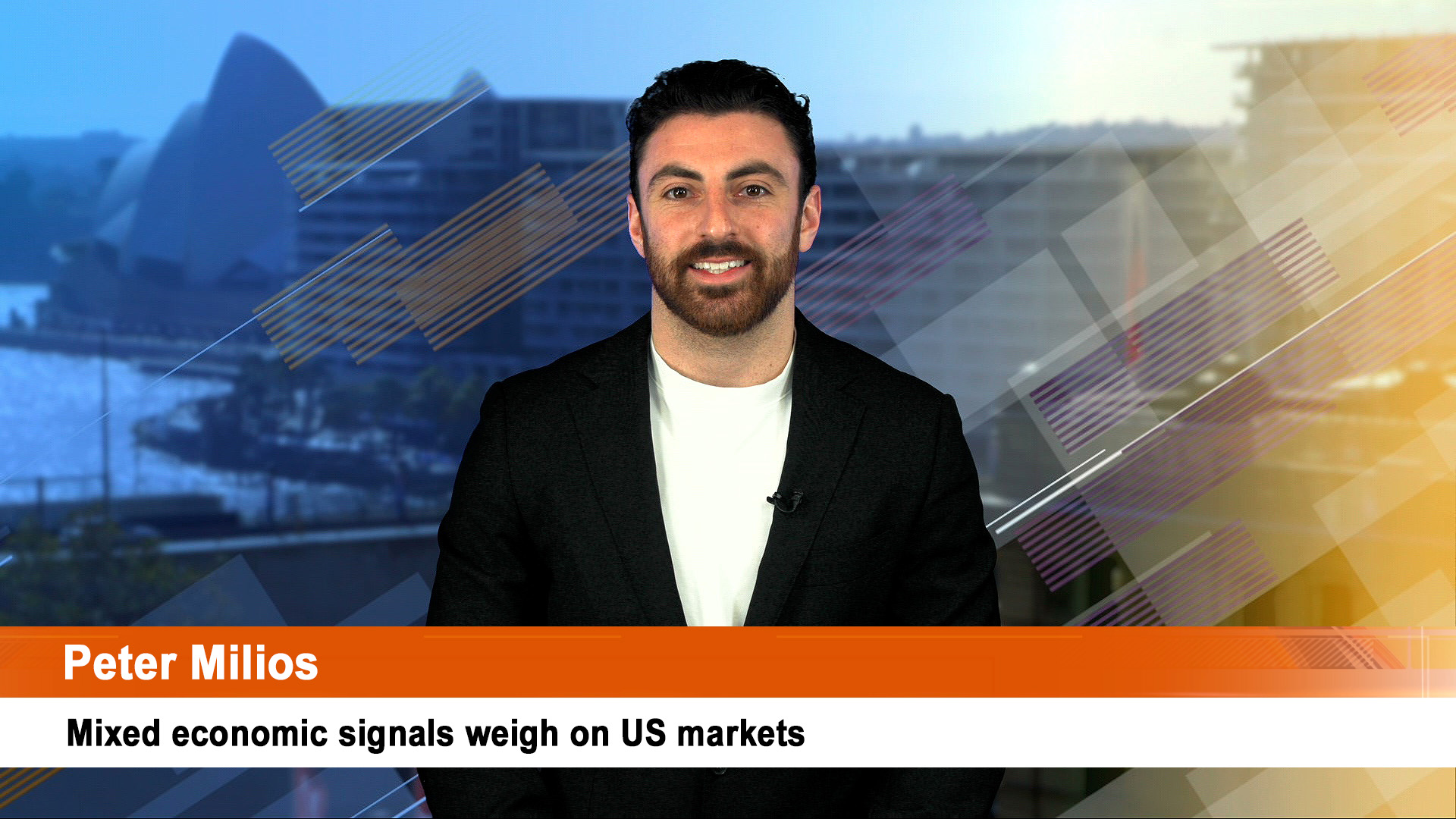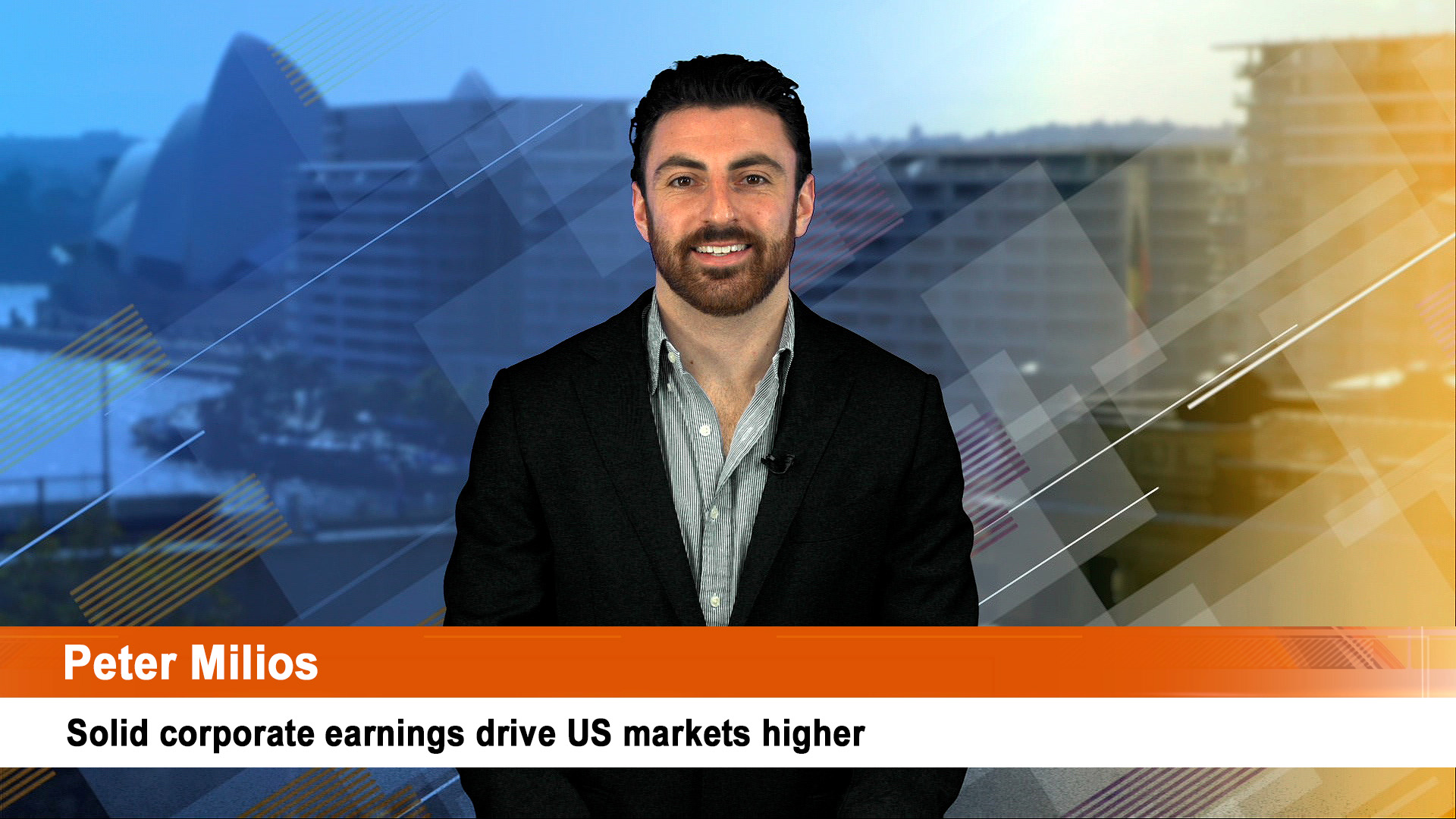Buoyed by a solid rebound in earnings in the year to June 30, major regional Bendigo and Adelaide Bank will spend up to $116 million buying fintech firm Ferocia, its partner in the neobank Up.
Down was the reaction from the market to the Up news which didn’t go down well with nervy investors who sold off the shares yesterday, sending the shares down 10%.
News of the higher profit and dividend failed to sweeten the news and the shares touched a day’s low of $10.00 where they ended the day.
Up till Friday, the shares had been up 19.1% so far in 2021 – that gain has now been more than halved.
Bendigo said it saw a 51.5% lift in cash earnings for the year to June from 2019-20 when the final few months of that year were hit from the first wave of Covid and high bad debt provisioning which is now being dribbled back into the profit and loss account.
Bendigo’s reported cash earnings of $457.2 million after tax, as its bottom line benefited from sharply lower bad debt charges and higher net interest income. That was well above the market estimates around $433 million.
Bendigo will pay a final fully-franked dividend of 26.5c a share, up from last year’s payment of 4.5c a share, which was depressed by the pandemic and a regulatory cap imposed by APRA, the key regulator.
That brought its full year dividend to 50 cents a share.
This represents an increase of 41% year on year based on 2020’s interim dividend of 31 cents a share and its deferred final dividend of 4.5 cents a share paid in March.
The regional bank said it is buying out Ferocia to expand the Up platform and accelerate its digital strategy.
Bendigo CEO Marnie Baker said as well as expanding youth-focused Up, the acquisition would also benefit other Bendigo brands.
“Up’s customer engagement is unparalleled when compared to global peers, it’s welcomed more than 400,000 customers and $840 million in deposits in less than three years, it’s empowered a new generation of savers and it will secure our market-leading position with this emerging, influential demographic,” Ms Baker said.
On the outlook, Ms Baker said: “While we expect the housing and employment markets to grow nationally – as well as the economic expansion of regional Australia – we remain cautious of the potential impacts of further pandemic induced lockdowns, a slower than initially anticipated vaccine rollout and take-up, international trade sentiment and the continuing effects of natural disasters, and climate change.”
…………
The Kerry Stokes-controlled Seven West Media has swung to a net profit of $318 million after a better-than-expected advertising market allowed it to reverse impairments on the Tokyo 2020 Olympics and its television licence.
The company on Monday reported underlying earnings (before interest, tax, depreciation and amortisation) of $253.9 million for the 2021 financial year, which was at the upper end of guidance outlined in June.
Revenue edged 3.5% to $1.3 billion thanks to a sharp rebound in second half advertising, especially digital.
The improved TV advertising market outlook led to a $208.5 million reversal of an impairment on its TV license and a $20.6 million reversal in an onerous provision put on the Olympics. The swing to profit followed a net loss of $163.3 million in the previous year.
But once again there’s no dividend for shareholders and none in prospect, despite the second half improvement in ad spending spillover into the current half year.
Seven is expecting to grab a 40% of broadcast advertising revenue in the current half December as its ratings for The Voice (a program Nine rejected) outperform Seven’s expectations and the news and several other programs do well.
Seven said it intends to renegotiate its deal with the banks before the end of this year.
The company’s loan package with its banks – led by the ANZ – totals $750 million, but Seven has repaid a substantial part of that so that net debt was down 40% to $240 million in the financial year.
The $200 million operating cost and cash savings driven a 7.5% reduction in operating costs to $1.022 billion. This is expected to rise to between $1.08 billion and $1.1 billion in the year to June 2022.
Seven CEO James Warburton said in the results statement that the results were a reflection of the changes he had made in his two years at the helm.
“Our company has seen many changes over the past 12 months and the results have been very encouraging,” Mr Warburton said. “The improved performance has been driven by the relentless pursuit of the three strategic priorities we introduced in the second half of calendar 2019.
“Those priorities – content-led growth, transformation, and capital structure and M&A – sit at the core of our three-year plan and they remain our focus.”
“Cost discipline and addressing onerous content contracts are an ongoing focus for us. This year we will also renegotiate our debt facilities to secure an improved financial position,” Mr Warburton said.
“All of this, particularly the improvement in our balance sheet, puts us in an excellent position to work with new partners and/or towards consolidating the media sector. We are pursuing several options in these areas.” Mr Warburton made $7.6 million in the last financial year when considering share price growth, deferred performance rights and cash payments.
Seven shares closed at 52c on Friday, yesterday they fell 7.7% to 47.5 cents as investors gave the results the thumbs down even though the company is better placed than it was a year ago.
…………
Meanwhile, online sales site Carsales has reported increases in full-year revenue, earnings, and profit, but trimmed final dividend to 22.5 cents a share due to dilution caused by the $797 million acquisition of Trader Interactive in the US.
Adjusted revenue was up 4% to $438 million, adjusted earnings before interest, tax, depreciation, and amortisation rose 10% to $254 million, and adjusted net profit after tax was up 11% to $153 million.
The profit is higher than the forecast $139.6 million, but investors may be disappointed by the dividend, which the market had estimated would be 23.8 cents a share.
Total payout for the year is 47.5 cents a share, down from 50 cents a year.
Carsales though is forecasting solid growth in revenue, net profit after tax, and earnings in the 2022 financial year, but warns these are likely to be weighted to the second half due to the current lockdown in New South Wales and Victoria.
It said that new car sales are still lower than pre-pandemic levels, although this is expected to improve in the June, 2022 half year.
Carsales also said that various factors had seen fewer cars available for sale on its website.
The company said this was due to “a significant reduction in time to sell, an increase in new people to the car market, and new car production contractions has led to a significant reduction in total inventory on site since the beginning of the pandemic.”
“COVID-19 has driven accelerated migration to digital platforms across our global network of sites as evidenced by strong traffic growth,” CEO Cameron McIntyre said.
“We are excited about our acquisition of Trader Interactive which will add to our enviable portfolio of International assets and provide a strong platform for future growth”.
The company said dealer sales were operating as normal outside Victoria and New South Wales, and private listings were growing everywhere except NSW. It was also expecting a higher wage bill in 2021-22 due to “the absence of wage subsidies” such as JobKeeper. The new assistance payments are going director to people laid off.
…………
Global property giant Lendlease may have revealed a full-year profit of $222 million for the year to June, better than 2020’s impairment hit loss of $310 million, but investors were not all that impressed.
The company said its core operating profit was $377 million – up 83% and driven solely by property investment valuations.
It was still at the bottom end of recent guidance by analysts around $390 million.
The shares were down nearly 6% at $11.90.
A clue for the negative reaction may come from the decision on dividends – Lendlease will pay a final distribution of 12 cents, up from the Covid cut 3.26 cents a share a year ago.
The 12 cents a share was well down on the 30 cents a share paid as a final two years ago and with the interim of 15 cents a share, brought its full-year distribution to 27 cents a share.
That was lower than the 33.26 cents paid in 2019-20.
Lendlease recorded a non-core loss of $181 million, after a series of provisions were taken at including at its London developments through impacts from the Covid pandemic.
And, after reviewing various smaller projects around the company, directors decided the group will take an impairment of between $230 million and $290 million in 2021-22. The after-tax hit in this result was $168 million.
New CEO, Tony Lombardo said in the statement that as an international real estate group with a presence in targeted global gateway cities, the pandemic has had a significant impact across each of the company’s markets and operating segments.
“The development segment experienced production delays, with ongoing impacts on leasing and sales across active projects. A $60 million pre-tax provision was taken following weaker rental demand and lower rents for the recently completed apartments for rent buildings at Elephant Park in London,” he said.
Notwithstanding COVID impacts, several key initiatives were progressed including an investment partner being secured for the first two residential towers at One Sydney Harbour.
Mr Lombardo “while we are confident these cities will rebound strongly over the medium term, the 2022 financial year is expected to be a challenging one.”













